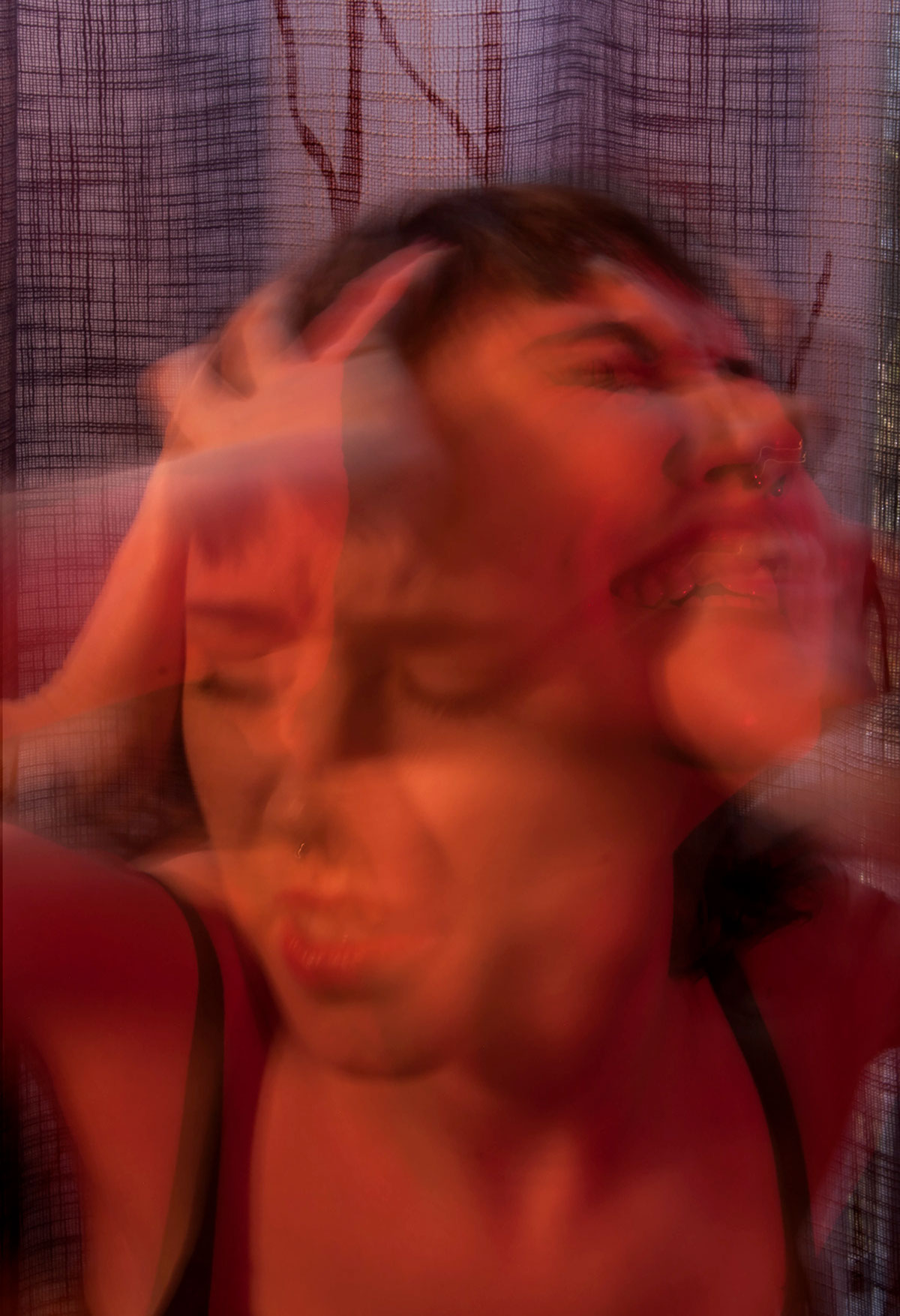

Schizophrenia – a chronic, severe, and disabling brain disorder.
People with the disorder may hear voices other people don't hear. They may believe other people are reading their minds, controlling their thoughts, or plotting to harm them. This can terrify people with the illness and make them withdrawn or extremely agitated. People with schizophrenia may not make sense when they talk. They may sit for hours without moving or talking. Sometimes people with schizophrenia seem perfectly fine until they talk about what they are really thinking.
A state characterized by the coexistence of contradictory or incompatible elements.
People with the disorder may hear voices other people don't hear. They may believe other people are reading their minds, controlling their thoughts, or plotting to harm them. This can terrify people with the illness and make them withdrawn or extremely agitated. People with schizophrenia may not make sense when they talk. They may sit for hours without moving or talking. Sometimes people with schizophrenia seem perfectly fine until they talk about what they are really thinking.
A state characterized by the coexistence of contradictory or incompatible elements.


Bipolar Disorder - also known as manic-depressive illness, is a brain disorder that causes unusual shifts in mood, energy, activity levels, and the ability to carry out day-to-day tasks. Symptoms of bipolar disorder are severe. They are different from the normal ups and downs that everyone goes through from time to time. Bipolar disorder symptoms can result in damaged relationships, poor job or school performance, and even suicide.


Dissociative Identity Disorder – previously referred to as multiple personality disorder, is a dissociative disorder involving a disturbance of identity in which two or more separate and distinct personality states (or identities) control an individual's behavior at different times. When under the control of one identity, a person is usually unable to remember some of the events that occurred while other personalities were in control. The different identities, referred to as alters, may exhibit differences in speech, mannerisms, attitudes, thoughts and gender orientation. The alters may even present physical differences, such as allergies, right-or-left handedness or the need for eyeglass prescriptions. These differences between alters are often quite striking.
A severe form of dissociation, a mental process which produces a lack of connection in a person's thoughts, memories, feelings, actions, or sense of identity. Dissociative identity disorder is thought to stem from trauma experienced by the person with the disorder. The dissociative aspect is thought to be a coping mechanism -- the person literally dissociates himself from a situation or experience that's too violent, traumatic, or painful to assimilate with his conscious self.
